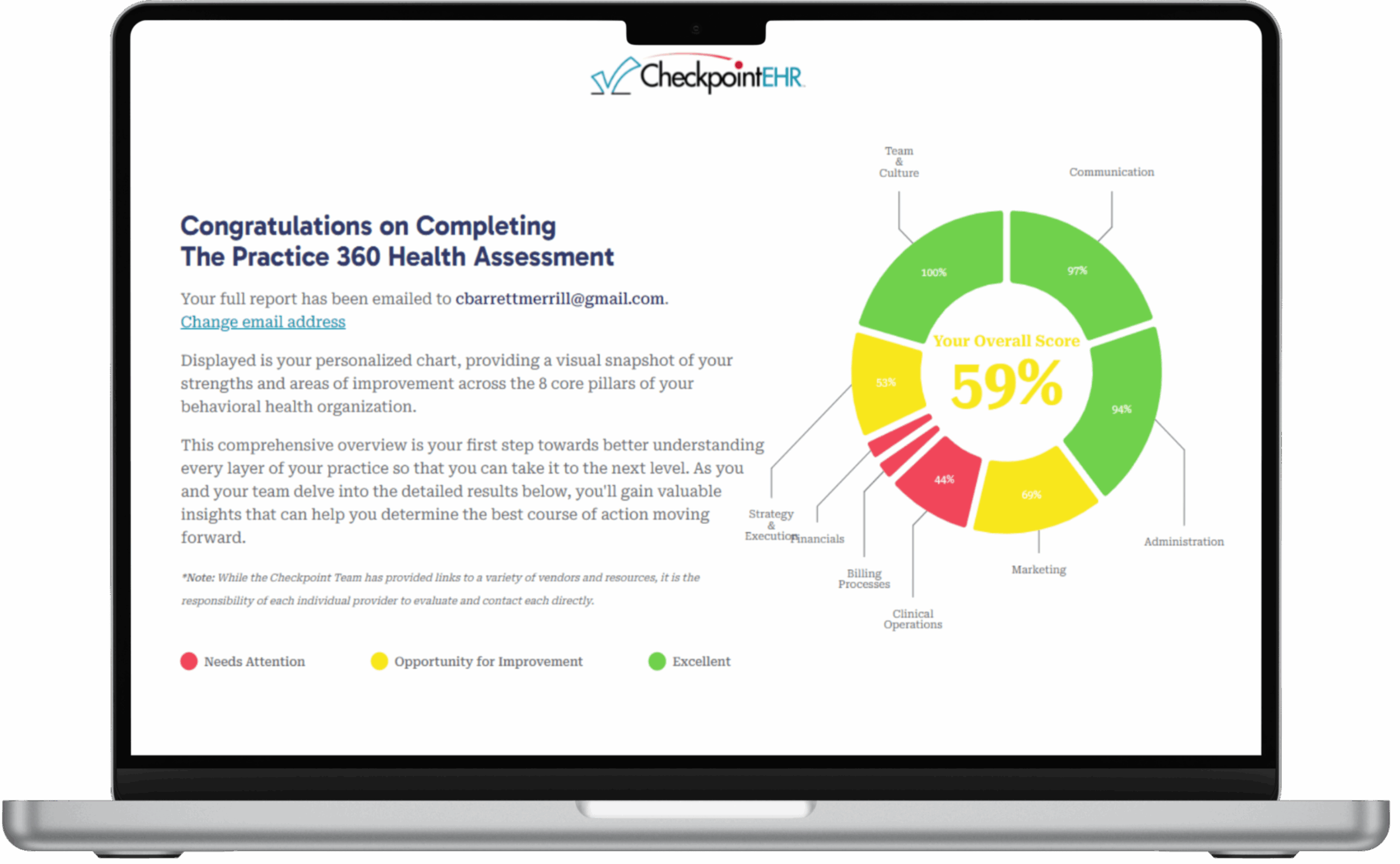How to Run a Business on Christian Principles

According to figures released by Gallup, more than 70 percent of Americans identify as Christian.1 Christians attempt to follow Jesus’ teaching in everything they do—in business as well as in their personal lives.
You may aspire to run a business on Christian principles but are unsure of how to proceed. It is possible to run a business on Christian principles while also complying with labor and anti-discrimination laws.2 Here are some guidelines you may find useful.
Following What Jesus Taught
Christianity is based on the teachings of Jesus. The four Gospels tell us the story of Jesus’ life and what he taught. Studying the Gospels regularly is a great way to keep on track when you want to run a business on Christian principles.
Integrity is fundamental in following what Jesus taught. Integrity means always choosing what is right over what is convenient or easy. Being ethical in your business dealings is one way to promote Christian values. Doing so also benefits your business, as being ethical enhances your professional reputation. Customers are more likely to return to your business when they know they will be treated ethically.
Compassion and kindness are key features of how Jesus dealt with people. These qualities are very important in your business. Seek to be non-judgmental in the way you deal with employees, competitors, suppliers and customers. Jesus was tolerant of almost all people he met. He told us to love our enemies. Putting this into practice can be difficult at times, but it is important to prioritize this aspect of how to run a business on Christian principles.
Jesus advocates using your skills to the best of your ability. In business, that translates to pursuing excellence in every aspect of the business. That includes delivering the best services or products and creating a truly inspirational environment for your employees.
Dealing with Conflicts
You may encounter areas of conflict that you cannot easily reconcile with your religious beliefs. For example, your Christian spirit may make it difficult to fire employees who are underperforming. You can help resolve such conflicts by once again turning to ethics.
When an employee is not meeting their obligations, it means other people have to work harder to compensate. This is unfair to your other employees, and making an ethical decision would necessitate rectifying the problem. If the problematic employee does not respond appropriately when performance issues are addressed, then it is quite likely that the most ethical decision would be to dismiss that employee.
Being Transparent When You Run a Business on Christian Principles
Make it clear that you seek to run your business on Christian principles, and be open to explaining to others what that means. This includes customers, employees and vendors. Doing so lets other people decide how they wish to deal with you.

